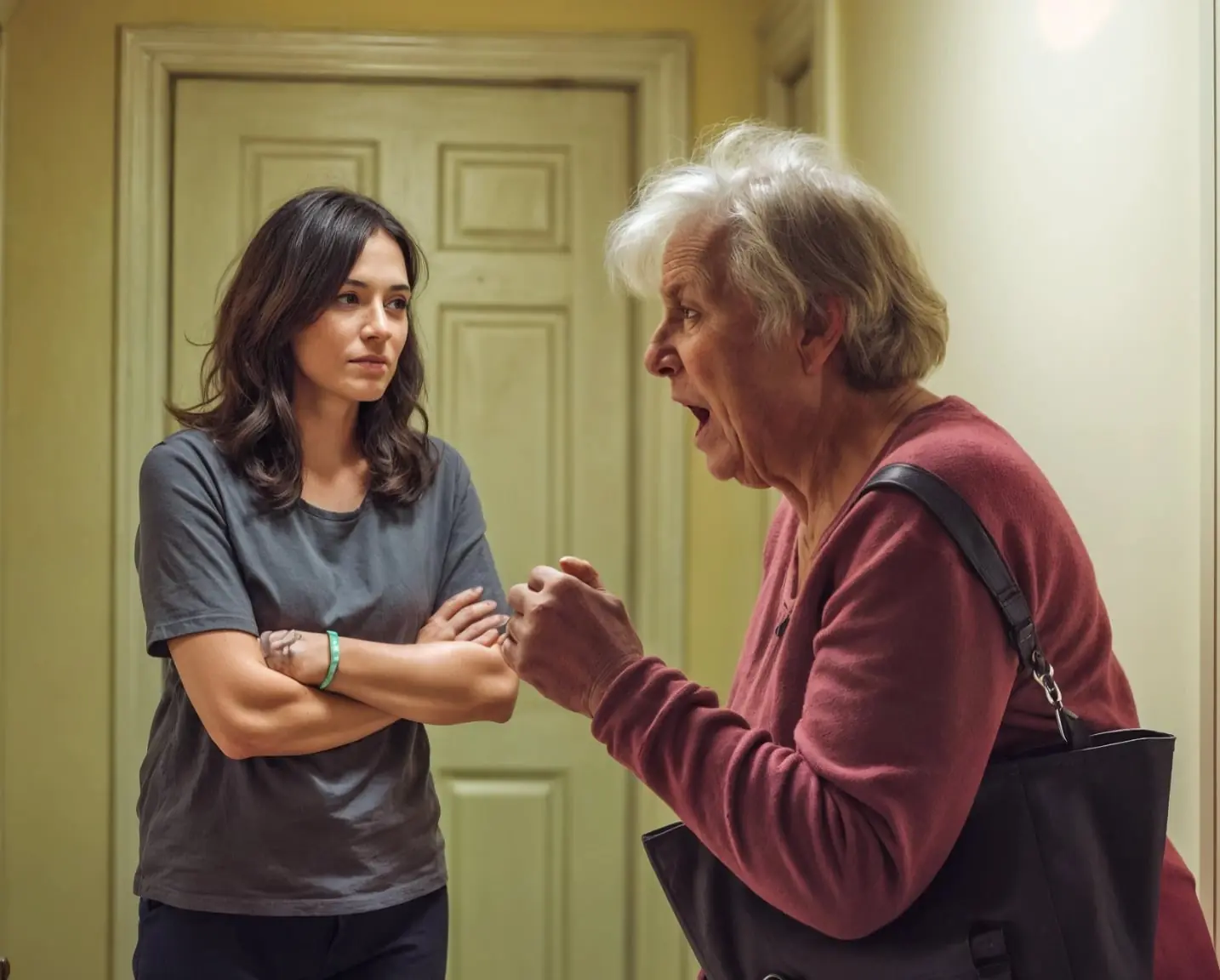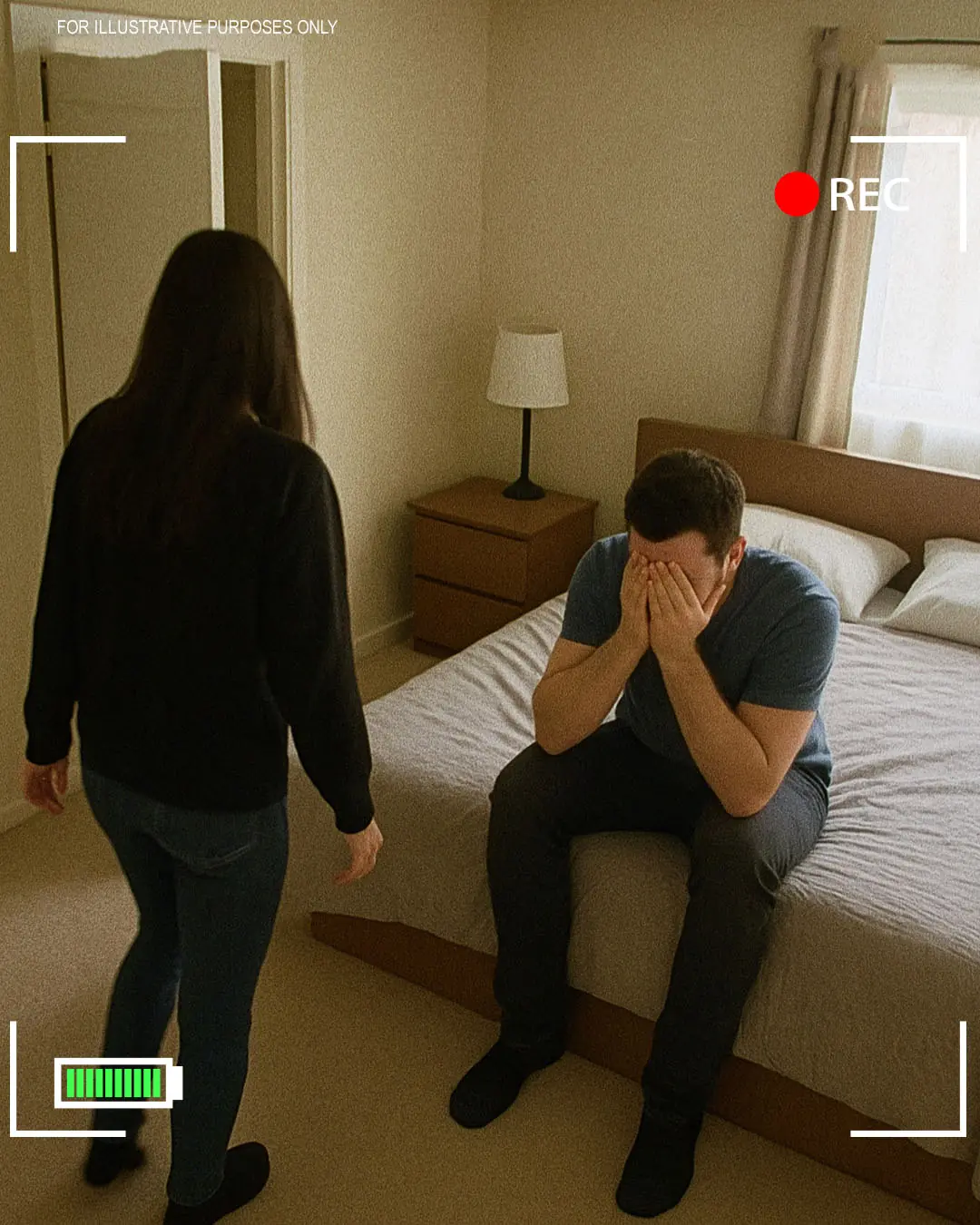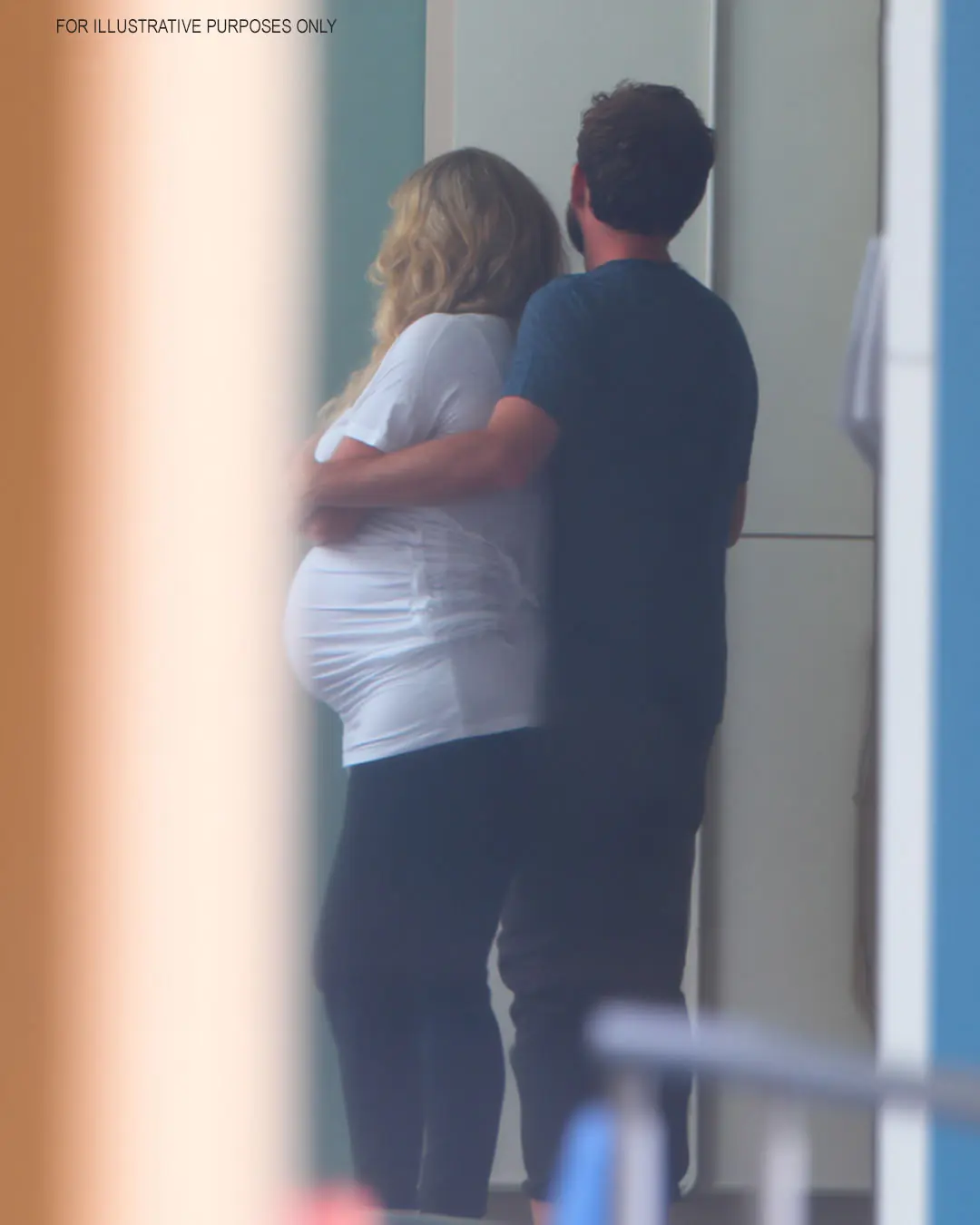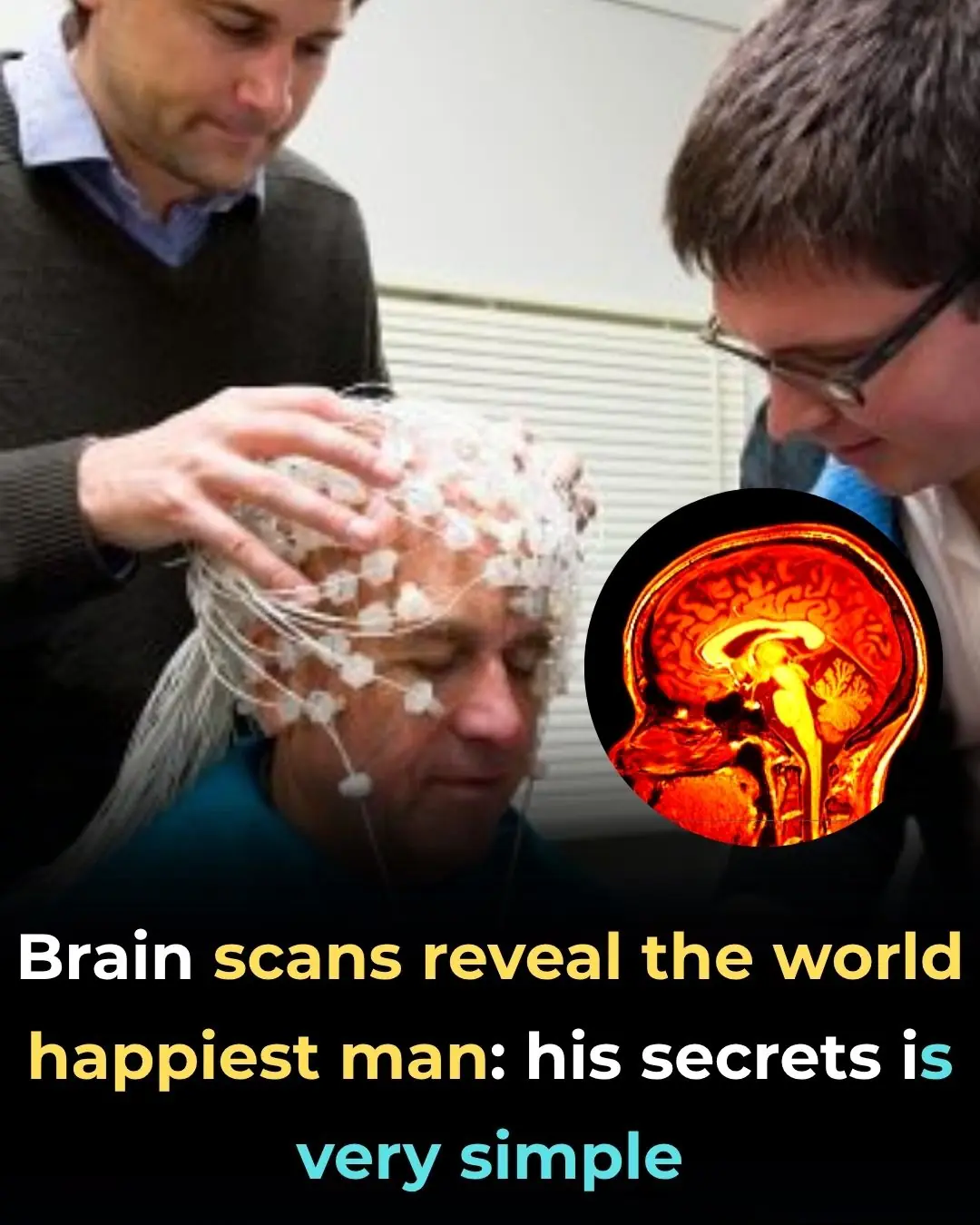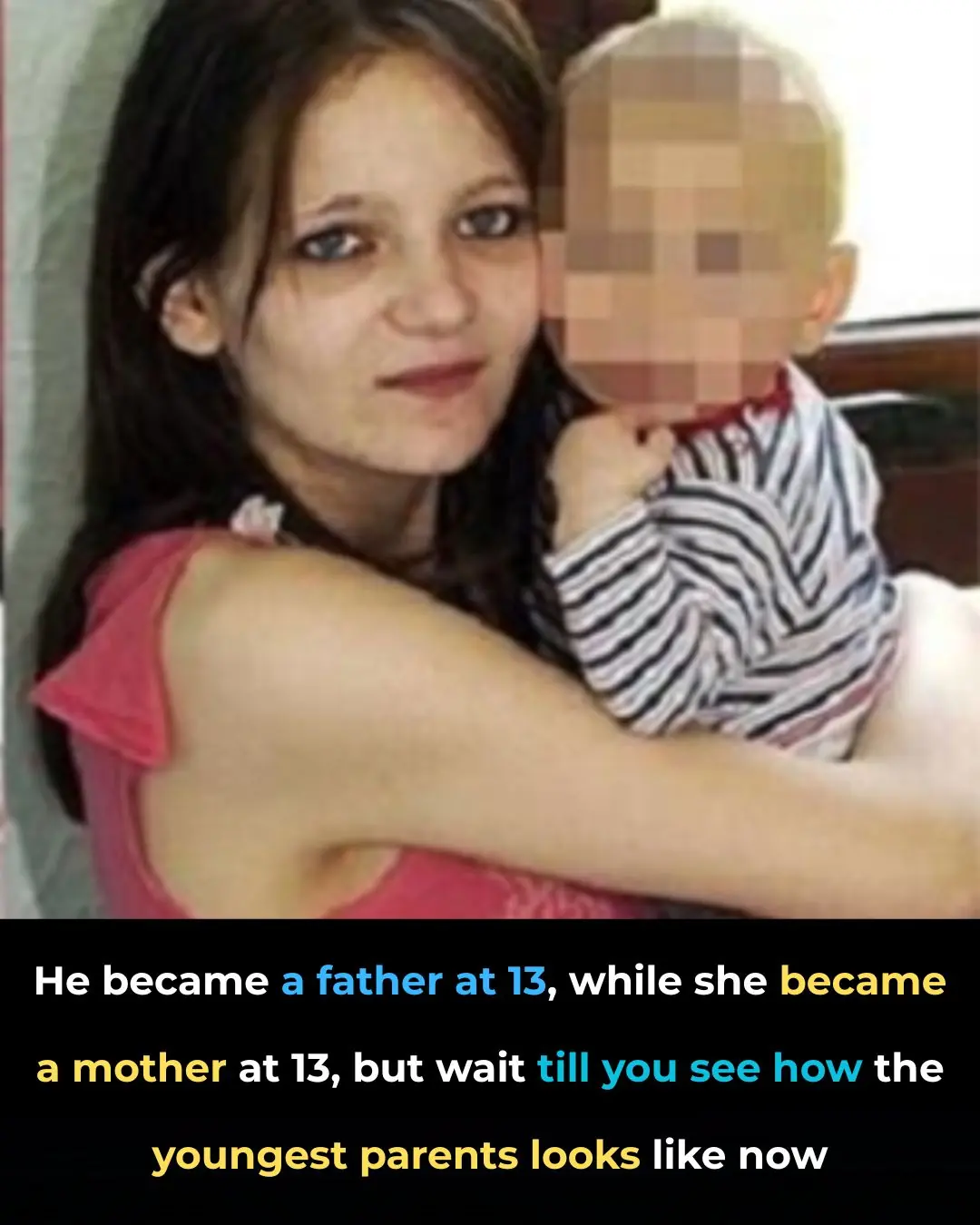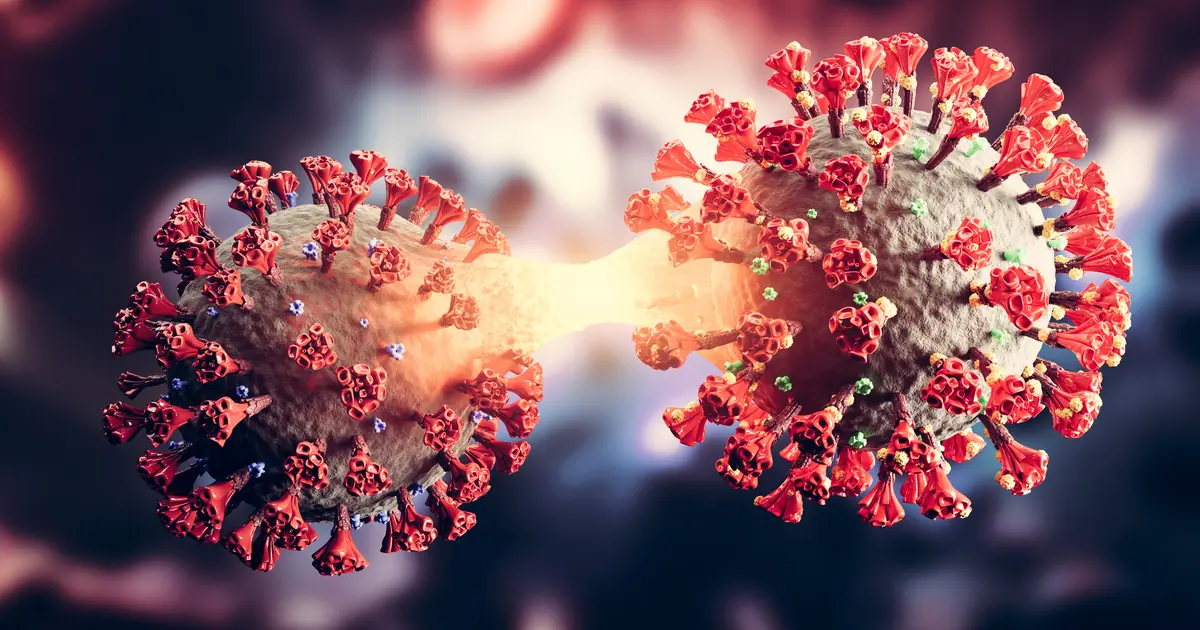When Amira’s son Josiah was born, everything seemed ordinary — except for one thing: his heartbeat. It was perfect, too perfect, and soon, strange events began unfolding around him. From synchronized monitors to an uncanny ability to calm others, Josi

The maternity ward at Saint Thorn Medical Center was unusually crowded. Although everything about the delivery was standard, twelve doctors, three senior nurses, and two pediatric cardiologists were present — not due to any immediate threat, but because of some confusing scans.
The fetus’s heartbeat was remarkably regular: strong, fast, but too steady. Initially, they thought the equipment might be faulty, then suspected a software glitch. But when three different ultrasounds and five specialists showed the same pattern, the case was deemed highly unusual — not dangerous, but definitely needing closer observation.
Amira, a healthy twenty-eight-year-old, had experienced a smooth pregnancy with no complications or concerns. The only request she made was, “Please don’t turn me into an object of observation.”
At 8:43 a.m., after twelve hours of labor, Amira gave it her all — and the world seemed to pause.
Not from fear. But from surprise.
The baby was born with warm-toned skin, soft curls sticking to his forehead, and wide, open eyes that seemed to understand everything around him. He didn’t cry. He simply breathed, evenly and calmly. His small body moved with confidence, and suddenly, his gaze locked with the doctor’s.
Dr. Havel, who had overseen over two thousand births, froze. There was no usual newborn chaos in his eyes. There was meaning. It felt as though the baby knew exactly where he was.
“My God…” one of the nurses whispered. “He’s really looking at you…”
Dr. Havel leaned in, furrowing his brow.
“It’s just a reflex,” he muttered, more to himself than anyone else.
But then something extraordinary occurred.
First, one ECG monitor malfunctioned, followed by a second. The machine monitoring the mother’s pulse blared an alarm. For a moment, the lights went out, flickered back on, and suddenly, all the screens, even those in the neighboring room, synced together. As if they had been set to the same pulse.
“They synchronized,” said a nurse, her voice filled with disbelief.
Dr. Havel dropped his instrument. The newborn stretched his tiny hand toward the monitor — and then, for the first time, came a loud, clear cry, full of life.
The monitors returned to normal.
For a few seconds, silence filled the room.
“That was… strange,” the doctor finally said.
Amira, exhausted but happy, hadn’t noticed anything unusual. She had just become a mother.
“Is my son okay?” she asked.
The nurse nodded.
“He’s perfect. Just… very observant.”
The baby was carefully cleaned, swaddled, and tagged with his identification. Placing him on Amira’s chest, they observed as he calmed down, his breathing became measured, and his tiny fingers gripped the edge of her shirt. Everything seemed fine.
But the events in that room stayed with everyone. No one could explain what had just happened.
Later, in the hallway, the medical team gathered, whispering.
“Has anyone ever seen a newborn stare straight into your eyes like that?” a young doctor asked.
“No,” answered a colleague. “But babies can sometimes act strangely. Maybe we’re just overthinking it.”
“And the monitors?” Nurse Riley asked.
“Maybe a power surge or interference,” someone suggested.
“Are you telling me it happened in the neighboring ward too?”
Silence fell. All eyes turned to Dr. Havel. He glanced at the chart, then quietly closed it.
“Whatever it is… he was born unusual. That’s all I can say.”
Amira named her son Josiah — after her wise grandfather who often said, “Some enter life quietly. Others just appear — and everything changes.”
She didn’t know yet how right he was.
Three days after Josiah’s birth, something subtle but tangible shifted at Saint Thorn Clinic. It wasn’t fear or panic — just a slight, noticeable tension in the air. In the maternity ward, where everything usually went according to routine, there was a sense that something had changed.
Nurses lingered by the monitors longer than usual. Doctors whispered during rounds. Even the cleaners noticed the quiet, as if something invisible was watching.
And in the center of it all — Josiah.
He appeared like any other newborn. Weight: 2.85 kg. Skin tone: healthy. Lungs: strong. He fed well and slept peacefully. But there were moments that couldn’t be explained or recorded. They just happened.
On the second night, Nurse Riley was sure she saw the strap of an oxygen monitor tighten on its own. She had just adjusted it and turned away, but when she looked back, it had shifted again. She thought it might be a trick of the light, until it happened again — this time, from the other end of the ward.
The next morning, the entire pediatric floor’s electronic records system froze for exactly ninety-one seconds.
During this time, Josiah lay in his crib, wide-eyed, unblinking, and watching.
When the system rebooted, the heartbeats of three premature babies in neighboring wards suddenly stabilized — those who had previously shown irregular rhythms. No failures. No complications.
The administration attributed it to a software update glitch, but some staff members started making private notes in their personal records.
But Amira noticed something different — something deeply human.
On the fourth day, a nurse entered the ward with red eyes. She had just received news that her daughter had lost her scholarship and was expelled from university. Emotionally devastated, she came to Josiah’s crib to compose herself. The baby looked at her and, almost silently, made a soft sound. Then he reached out and touched her wrist.
Later, she would say, “It was as if he steadied me. My breathing evened out. The tears stopped. I left the room feeling like I’d breathed fresh air after a long confinement. It was as though he gave me a part of his inner peace.”
By the end of the week, Dr. Havel, cautious yet no longer indifferent, requested further observation.
“No invasive tests,” he told Amira. “I just want to understand… his heart.”
Josiah was placed in a special crib with sensors. The results stunned the technician. His heartbeat matched the alpha rhythm of an adult.
When one staff member accidentally touched the sensor, their pulse synchronized with Josiah’s within two seconds.
“I’ve never seen anything like this,” the technician muttered.
But no one dared call it a “miracle.”
On the sixth day, in a neighboring ward, a young mother suddenly began losing consciousness — severe bleeding and plummeting blood pressure. Chaos erupted.
A resuscitation team rushed in.
Josiah lay only a few meters away. At the exact moment the team started cardiac massage, his monitor froze.
Twelve seconds passed — a perfectly straight line. No reaction. No pain. Nothing.
Nurse Riley screamed in fear. They brought in a defibrillator, but hesitated just before entering the room. Then, the pulse returned — steady. Calm. As if nothing had happened.
Meanwhile, the woman in the neighboring ward suddenly stabilized. The bleeding stopped. No clots were found. No transfusions had been done, yet tests showed normal results.
“This is incredible…” whispered a doctor, amazed.
And Josiah? He simply blinked, yawned, and fell asleep.
By the end of the week, rumors began circulating. A confidential document appeared:
“Do not discuss child #J. Do not share information with journalists. Continue monitoring under standard protocol.”
But the staff, no longer fearful, smiled whenever they passed Josiah’s room. The baby never cried... unless someone else nearby did.
Amira remained calm. She noticed how people now regarded her son — with reverence, with hope. But to her, he was simply her son.
When a young intern asked, “Do you feel like there’s something unusual about him?”
Amira smiled gently and replied, “Maybe the world is just seeing what I’ve known all along. He wasn’t born to be ordinary.”
They were discharged on the seventh day, without fanfare or extra attention. But as they left, the entire staff gathered to see them off.
Nurse Riley kissed Josiah’s forehead and whispered, “You’ve changed something. We don’t understand it yet… but thank you.”
Josiah purred softly, his eyes wide open. He was watching. And it seemed — he understood everything.





